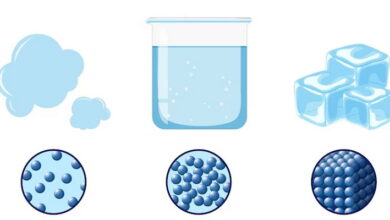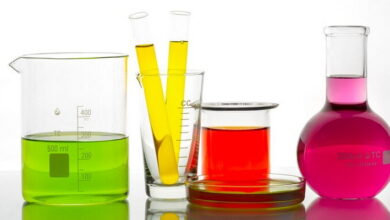Solids MCQs with Answers

Welcome to the Solids MCQs with Answers, it helps learners quickly identify areas for improvement in Solids Online Test.
| Solids represent one of the fundamental states of matter characterized by their definite shape and volume due to strong intermolecular forces holding their particles in fixed positions. Understanding the properties and classifications of solids is crucial across various scientific disciplines, including chemistry, physics, materials science, and engineering.
In a solids quiz, MCQs cover essential concepts such as solid state properties. Multiple choice questions on solid state properties explore characteristics like density, hardness, conductivity, and mechanical strength, assessing knowledge of how these properties vary among different types of solids. MCQs on crystal structures delve into the arrangement of atoms, ions, or molecules in a crystalline solid, focusing on crystal lattice types (such as cubic, hexagonal, and tetragonal) and the relationship between structure and physical properties. Exam questions on solid state physics examine topics such as thermal properties (like specific heat capacity and thermal conductivity), electrical properties (such as conductivity and band theory), and magnetic properties (including ferromagnetism and antiferromagnetism) of solids. Types of solids MCQs classify solids into categories such as molecular solids, ionic solids, metallic solids, and covalent network solids, assessing understanding of their bonding types, structural characteristics, and typical properties. |
Solids Online Quiz
By presenting 3 options to choose from, Solids Quiz which cover a wide range of topics and levels of difficulty, making them adaptable to various learning objectives and preferences. You will have to read all the given answers of Solids Questions and Answers and click over the correct answer.
- Test Name: Solids MCQ Quiz Practice
- Type: Quiz Test
- Total Questions: 40
- Total Marks: 40
- Time: 40 minutes
Note: Answer of the questions will change randomly each time you start the test. Practice each quiz test at least 3 times if you want to secure High Marks. Once you are finished, click the View Results button. If any answer looks wrong to you in Quiz, simply click on question and comment below that question, so that we can update the answer in the quiz section.
Download Certificate of Solids Test
On the end of Quiz, you can download the certificate of the quiz if you got more than 70% marks.
Solids Flashcards
Which type of solid has atoms or molecules arranged in a repeating three-dimensional pattern?
Crystalline
What is the term for the structure formed by the arrangement of atoms or molecules in a solid?
Crystal lattice
What is the term for the arrangement of atoms or molecules in a repeating pattern in a solid?
Crystal lattice
What is the term for the transition of a solid directly to a gas without passing through the liquid phase?
Sublimation
What is the term for the process by which a solid transforms directly into a gas without passing through the liquid phase?
Sublimation
Which type of solid is formed by the repetition of small molecules or atoms bonded together?
Polymeric
What is the term for the arrangement of atoms or molecules in a solid that extends throughout the material?
Long-range order
What is the term for the transition of a gas directly to a solid without passing through the liquid phase?
Deposition
What is the term for the structure formed by the arrangement of atoms or molecules in a solid that extends only over short distances?
Short-range order
What is the term for the process by which a solid transforms into a gas without passing through the liquid phase?
Sublimation
If you are interested to enhance your knowledge regarding Physics, Computer, and Biology please click on the link of each category, you will be redirected to dedicated website for each category.




